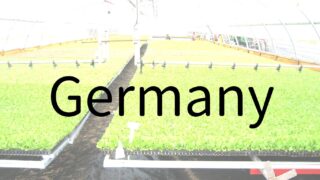In Germany, agricultural production has been facing both challenges and changes, particularly driven by climate issues and evolving economic pressures. Notably, the agriculture sector has been adapting to the consequences of climate change. Warmer temperatures in regions like Southwest Germany have impacted crops like ice wine, and there is increasing vulnerability among agricultural communities in poorer regions like Mecklenburg-Western PomeraniaAGRICULTURE AND RURAL DEVELOPMENTWIKIPEDIA.Additionally, Germany is pursuing a strategy aimed at transitioning to more sustainable agricultural practices under the European Union’s Farm to Fork initiative. This includes promoting plant-based diets and reducing the use of pesticides and fertilizersDESTATIS. As part of these changes, the country is also addressing issues like food prices, including the costs of agricultural goods affected by both weather patterns and global supply chain shiftsAGRICULTURE AND RURAL DEVELOPMENT.These developments suggest that the agricultural landscape in Germany is evolving with the dual pressures of climate change and policy-driven shifts toward more sustainable practices, all influencing the pricing and availability of agricultural goods.
